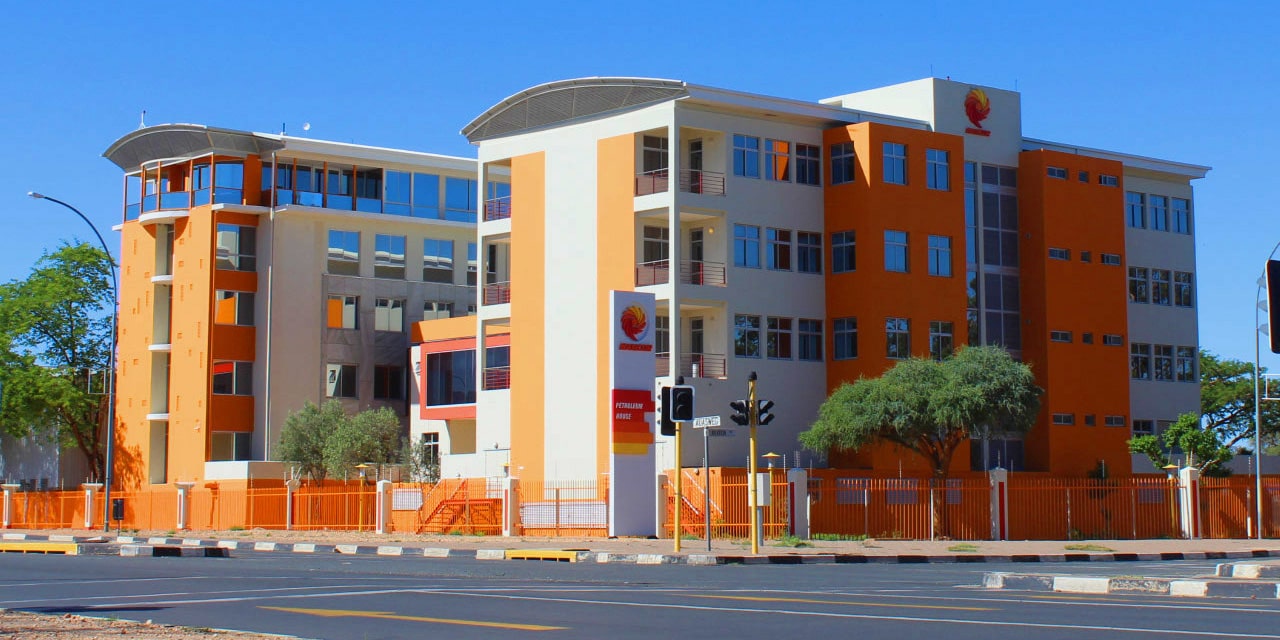Allexer Namundjembo
Finance Minister Iipumbu Shiimi has proposed expenditure adjustments to address the most pressing emergencies facing the nation.
During his mid-term budget review address on Wednesday, Shiimi announced that these measures would be implemented by reallocating additional revenues and funds from projects with low execution rates.
Shiimi emphasised that the proposed adjustments in the FY2024/25 Mid-Year Budget Review would help mitigate potential risks and maintain macroeconomic stability while supporting social sectors.
“In the recently released World Economic Outlook, the International Monetary Fund (IMF) projects global economic activities to grow by 3.2 percent in both 2024 and 2025, a mild moderation from 3.3 percent recorded in 2023,” he stated.
He added that these projections are supported by ongoing global disinflation and the recalibration of monetary policy.
The minister reported that total revenue collections for FY2023/24 reached N$81.5 billion, slightly exceeding the revised estimates of N$81.1 billion, reflecting overcollections in categories such as individual income tax and withholding taxes.
“We recorded operational expenditure at N$67.9 billion, just below the estimated N$68.6 billion, achieving a 98.9% execution rate. Development expenditure reached N$7.1 billion out of a revised N$8.4 billion budget, reflecting an 84.5% execution rate,” he noted.
Shiimi acknowledged the capacity and operational constraints that have impacted project timelines, stating that the National Planning Commission is working to identify specific bottlenecks and recommend improvements for faster implementation.
Regarding tax policy and administration reforms, Shiimi stated, “The focus remains on measures designed to provide relief to taxpayers and support the economy in the near to medium term, as committed to in the budget.”
He announced that the threshold for income tax on individuals has been increased to N$100 000, with further adjustments planned for inflation over the next two years at a cost of N$712.9 million per annum.
Shiimi also highlighted the government’s commitment to drought relief, stating that an additional N$698.8 million has been allocated under the Office of the Prime Minister to extend the food distribution program to eligible communities. This allocation increases the total drought relief budget for FY2024/25 to over N$1.4 billion, underscoring the importance of climate resilience policies.
In response to the budget proposals, Landless People’s Movement Member of Parliament Utaara Mootu criticised the finance ministry for not adequately addressing the housing crisis.
She called for collaborations between private and public institutions to tackle the housing shortage and emphasised the need for improvements in the agriculture sector for food security.
“We don’t just need to focus on drought relief; we also need to ensure that our farmers can produce food for security,” Mootu said.
Mootu argued that the mid-term budget offers only superficial solutions to deeper social and economic injustices.
“For far too long, we have been promised solutions to the challenges faced by everyday Namibians, but this budget reveals the same hollow promises and a lack of real change,” she added.
She called for an urgent need for real housing developments, stating that people deserve more than vacant land without infrastructure.
PDM’s acting finance shadow minister, Inna Hengari, echoed similar sentiments, asserting that the mid-year budget lacks the bold measures necessary to break the cycles of poverty and economic dependency in Namibia.
She warned of the risks posed by rising protectionist policies to the nation’s trade-driven growth.
“We must act decisively to protect our people and economy from the impacts of global instability,” she said.
She acknowledged the resilience of the economy amid global challenges but noted the tempered growth forecast of 3.6% for 2024, with hopes for a climb to 5.4% in 2025.
“While the secondary and tertiary industries show promise, we must urgently amplify our investments and policy support in these sectors to achieve long-term growth,” Hengari said.




